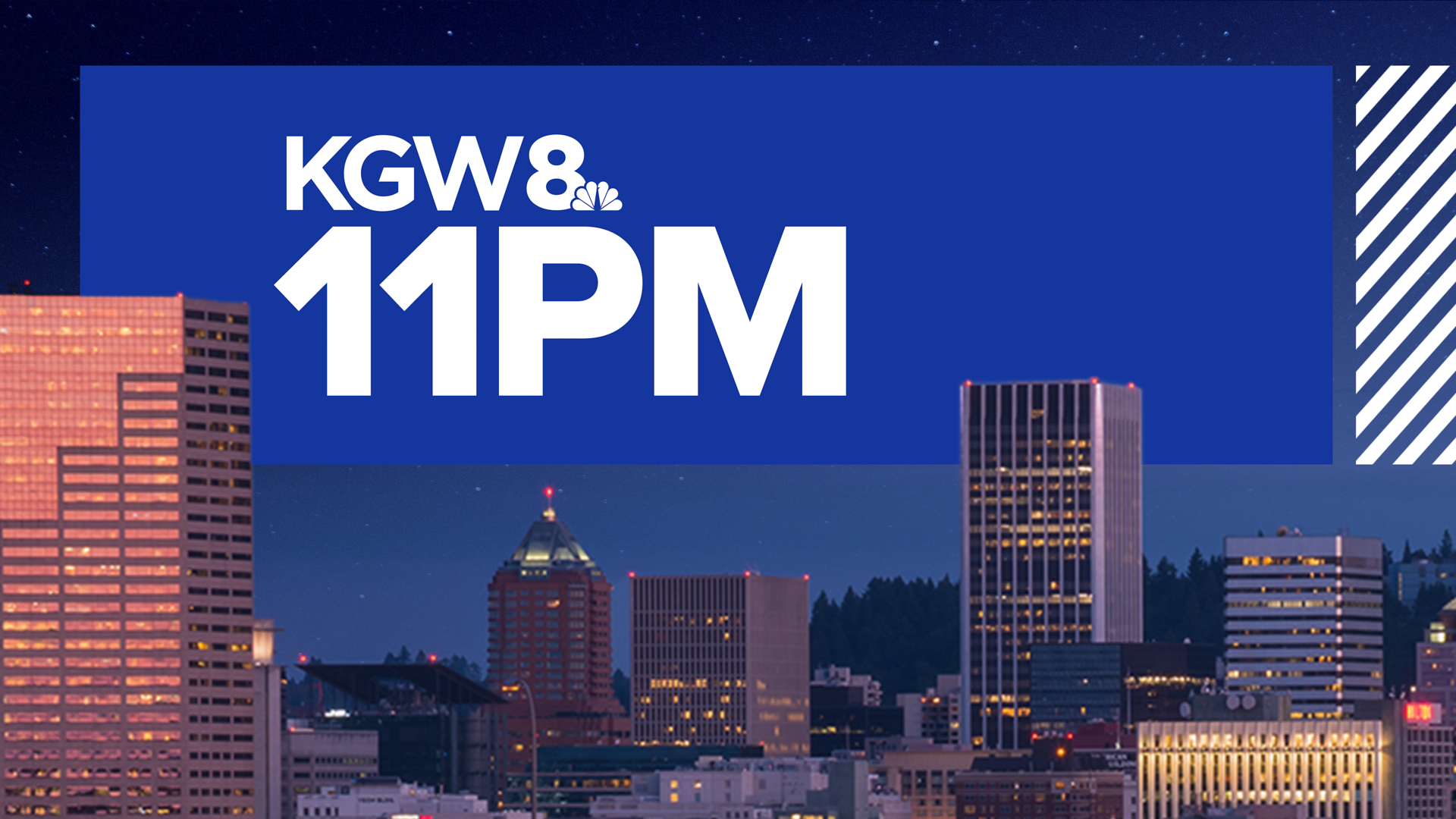PORTLAND -- A new prescription discount card is promising Oregonians an average savings of 50 percent on prescription drugs. It s called the United States Prescription Discount card, and it looks like an official government document.
A lot of people are now getting them in the mail. But these cards are not from the government.
They are sent to people addressed as resident code, and they promise the savings at pharmacies everywhere nationwide.
With the rising cost of health care, everyone seems to be trying to cut their costs. Retired state worker Beverly Swanson is one of them. When she got her United States Prescription Discount card in the mail, she was skeptical.
The lettering on the top of the page, it did sound official and I thought, well maybe it did come from our insurance company, she said.
So Swanson called her insurance company, and they told her not to use the card.
Pre-authorized? That phrase made me think, pre-authorized by whom, for whom and if its free what are they getting out of it? Swanson said.
So Beverly called Unit 8 and we checked it out.
First, we called the company and got a recording, promising, We will never sell or share your personal information with anyone. We do not make money from our cardholders.
But a check of the website led Unit 8 to the parent company ScriptRelief, whose on-line privacy policy tells a different story. It reads, We may share your information with other companies whose products and services may be of interest to you. These third parties may contact you as part of their marketing efforts.
Swanson suspects selling personal information is what the United States Prescription Discount cards are all about.
These programs that are unsolicited have their own purposes, whether you use it for your benefit, that's really your judgment, says James Bui, the Managing Pharmacist at Pharmaca Integrative Pharmacy.
But he said if you do not have insurance, these cards may be able to save you a few dollars, but the cards really act as more of a coupon, and if used, it could result in even more offers showing up in your mailbox.
Definitely there is a public awareness that you should be informed about he said. In general like any other piece of privacy information should be treated very sensitively.
Swanson said it s a warning she wants to give to all Oregonians, especially seniors.
I believe it s a scam to get my information and I'm not falling for it and I don't think you should either, she said.
If you do not have insurance, and you re not concerned about securing your personal information, the discount cards may save you some money. But experts say anytime you get an offer promising anything about your health care coverage, make sure you research the company and the offer before making any changes to your health care coverage.


